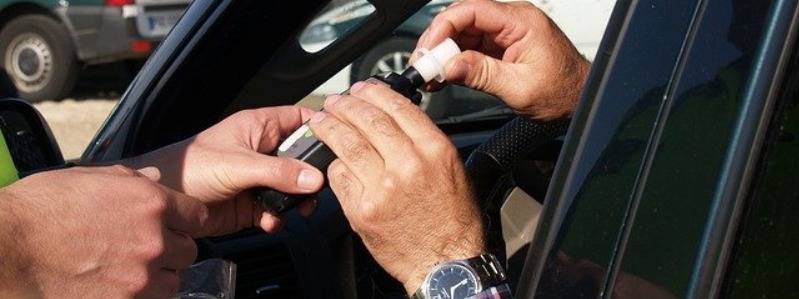Being charged with driving under the influence (DUI) or driving while intoxicated (DWI) is a difficult experience. The best way to avoid this is to drink responsibly, and avoid drinking and driving. But if you are arrested for DUI or DWI, it’s important to understand what follows an arrest, and what steps you should take in the process.
Appearing for your arraignment
Contents
Sometimes after an arrest, you will appear before a judge for an arraignment. This court appearance formally charges you with a crime, and you will be given the opportunity to plead either guilty or not guilty to the charges.
DUI and DWI charges are misdemeanors. In most cases, misdemeanor defendants who haven’t already posted bail are released at arraignment on their own recognizance. You will generally not need an attorney at this stage. If you enter a plea of not guilty, you can change your plea to either guilty or no contest later in the process, once you’ve spoken with a lawyer regarding your options.
If your charges include prior DUI or DWI convictions, you have the option to deny the convictions and have your attorney contend their validity.
Considering your options
With under-the-influence charges, it’s important to evaluate your case objectively. You should seek the advice of an attorney following your arraignment to honestly discuss your alternatives. These include:
- Pleading guilty to the charges
- Attempting to plea bargain for a reduced charge, such as reckless driving
- Requesting a trial before a judge to plead not guilty
- Claiming your right to a jury trial (available in most states, but not all)
Deciding whether to plea bargain or fight the charges
In general, the likelihood of a jury finding you guilty of DUI or DWI will determine how you should proceed. The more likely you are to be found guilty, the better it will be to negotiate a settlement, or plea bargain, with the prosecutor handling your case.
Your blood alcohol content (BAC) as tested at the time of your arrest is the most determining factor here. Juries tend to place a lot of faith in blood test results during these cases.
In every state, a tested BAC of 0.08% is enough to convict. If your level tested higher than 0.12%, there is not much chance you will win a trial, and plea bargaining is your best option.
You will have a slightly better chance at trial if your BAC was tested between 0.08% and 0.11%, particularly if you have strong witness testimony from people who were with you either prior to or while you were driving. And a tested BAC level of 0.08% or lower gives you the best chance at winning a trial.
Your attorney can help you decide the strengths of your DUI or DWI case, and whether you should try for a plea bargain or settlement, or proceed with a jury trial.




